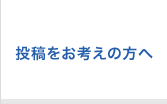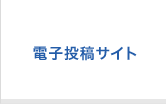<シンポジウム(1)―13―1>明日からのてんかん診療向上のための方策
てんかんと法制度
松浦 雅人
東京医科歯科大学大学院保健衛生学研究科生命機能情報解析学分野〔〒113―8519 東京都文京区湯島1―5―45〕
In Japan, the law related to mental health and welfare for the person with mental disorders is also applied to the people with epilepsy (PWE). PWE are said to utilize social resources, such as financial supports for medical care, cost of living, etc, ineffectively. The driving regulations in Japan were amended in 2002, which granted licenses to PWE after a two-year seizure free period. In 2010, 3,373 PWE legally obtained a driving license, and the attending doctor assessed fitness for driving in most of the cases. The main remarks from the doctors of Japan Epilepsy Society included the need to shorten the seizure-free period of two years, and to lengthen the withholding period of six months to qualify for fitness to drive. Problems of assessment identified included difficulty in assessing the risk of seizure recurrence, and in deciding the time for reassessment. In 2010, 71 traffic accidents resulting in injuries or death were supposed to be caused by epileptic seizures, and only five drivers had previously declared their condition. Effective action plans, including education for the public, patients, and professionals, are urgently needed to heighten compliance of the regulation and to decrease traffic accidents relating to PWE.
Full Text of this Article in Japanese PDF (230K)
(臨床神経, 52:1033−1035, 2012)
key words:精神保健福祉法,社会資源,運転免許,相対欠格,欧州連合指令
(受付日:2012年5月23日)






